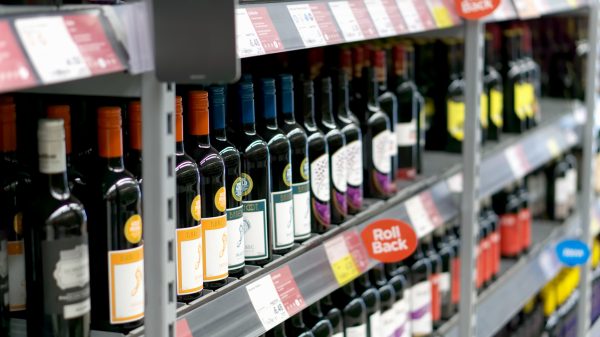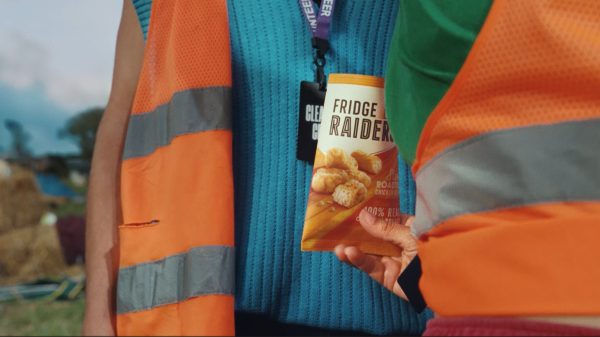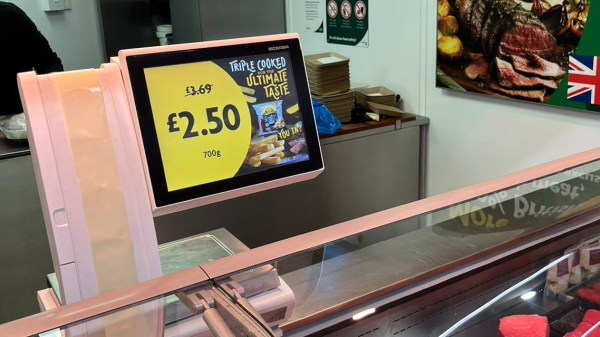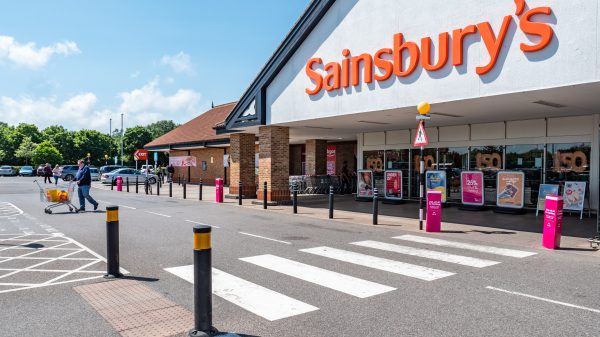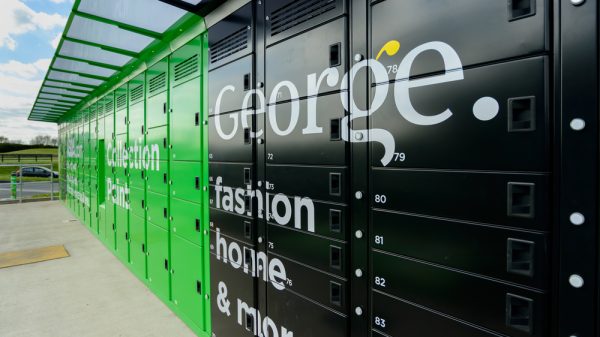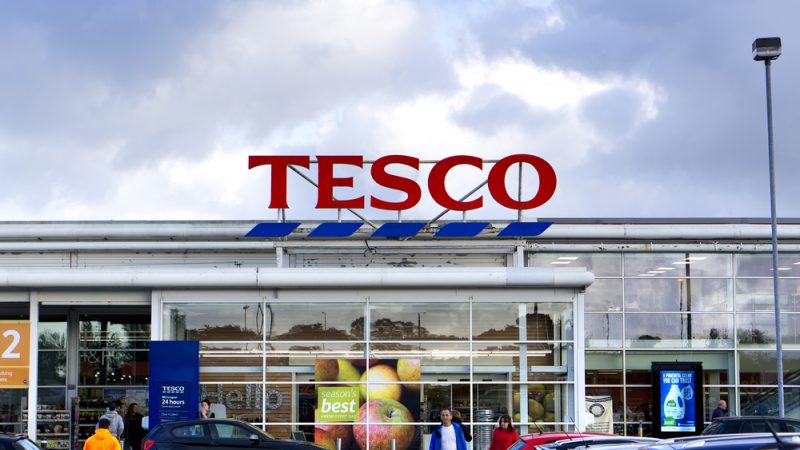Families on low incomes are enduring a “year of financial fear” after falling behind on bills, going without essentials, or taking on expensive debt, a new report has found.
According to The Joseph Rowntree Foundation (JRF), the cost-of-living crisis and a decade of social security cuts and underfunding are taking a heavy toll.
The JRF used a survey of about 4,000 people on low household incomes in May and June for the report.
Rather than making the trade-off between heating or eating, one in five (21%) low-income households were unable to do either.
Some 60% had gone without essentials since the start of 2022, or had cut down on or skipped meals, or gone hungry in the previous 30 days.
However, 40% were behind on at least one bill, with the average amount of arrears across all bills held by all low-income households being £1,600.
The report said this “paints an extremely worrying picture” where households cannot afford to cover basic bills and must take on interest-accruing debt to stay afloat.
READ MORE: Food inflation hits highest rate since 2009
The news comes as earlier this week, Poundland boss said that the discount supermarket is seeing a “shift” in customers migrating from major supermarkets to find the best deals amidst rocketing inflation.
The JRF said that while a package of support measures previously announced by Chancellor Rishi Sunak to tackle rising energy costs is welcome, the cost-of-living payments will “barely touch the sides, let alone help prepare for the winter that is coming”.
“Our research illustrates the frightening year of financial fear low-income families are living through,” JRF principal policy adviser Katie Schmuecker, said.
“Families up and down the country are being faced with options that are simple but grim – no one should be put in this precarious position. The hardship families are facing now builds on the foundations of a decade of cuts and freezes to social security.
“The Chancellor’s cost of living support package will offer some temporary relief, but rather than lurching from emergency to emergency, the government must get ahead of this problem.
“A simple thing they can do immediately to make a difference is to stop deducting debt repayments from benefits at unaffordable rates.
“It leaves too little to cover the essentials at the best of times, let alone during the biggest cost of living crisis in a generation – a crisis which shows no signs of abating.”
The news comes as food prices start to spiral, with food inflation soaring by 5.6% in June, up from 4.3% in May. It is the UK’s highest fresh food inflation rate since 2009.
Click here to sign up to Grocery Gazette’s free daily email newsletter

